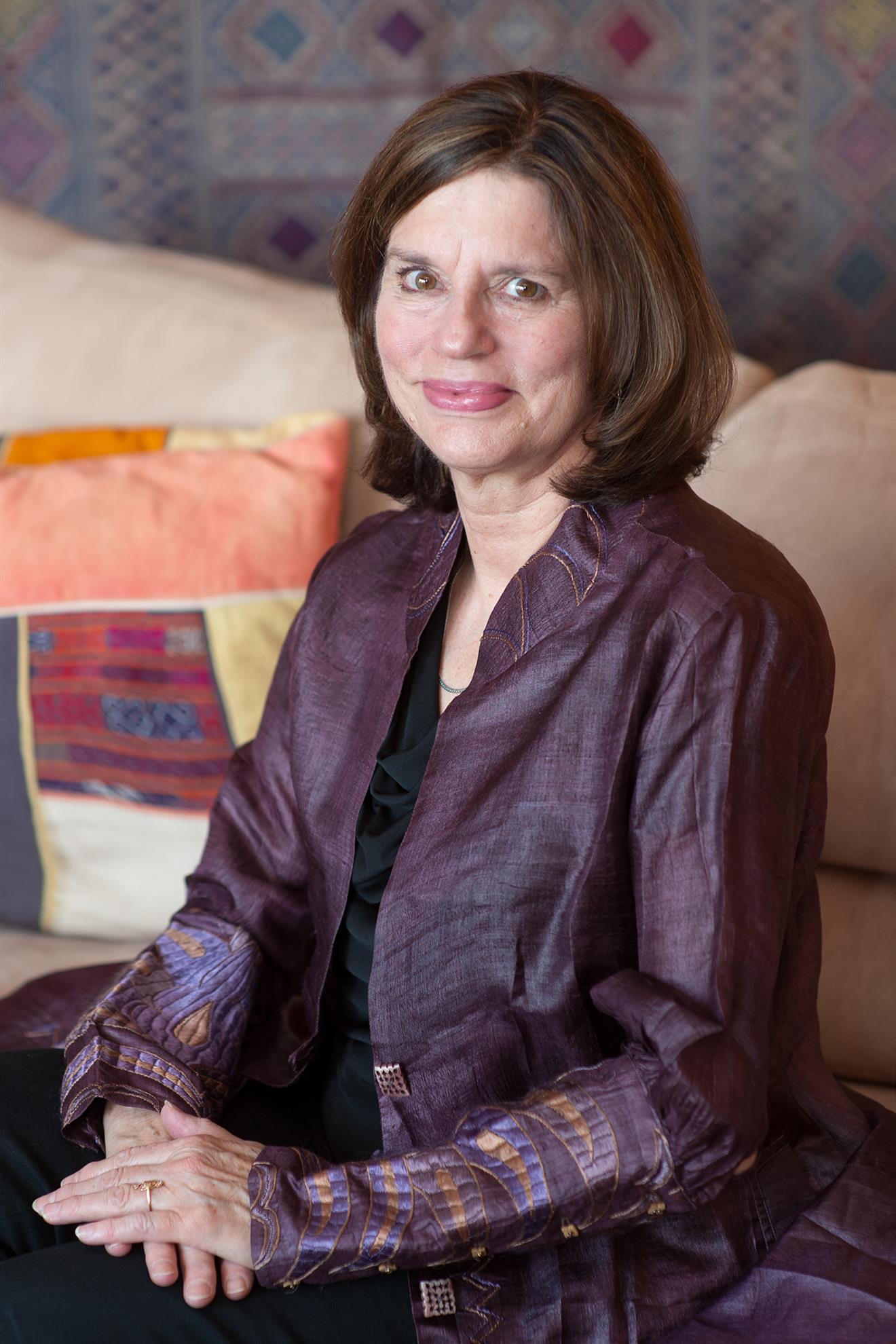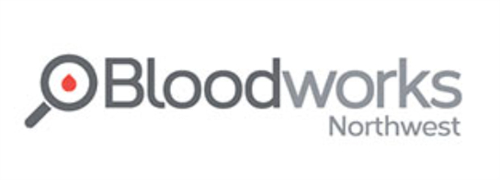 President Jimmy opened the Zoom session promptly at 12:30, asking Rotarians to save Wednesday evening, December 15, for the Seattle Rotary Holiday Party featuring the Rotary Rogues and other surprises. The day’s song, I Am Woman, was led by Linda Rough accompanied by Jevon Powell, and followed by Nancy Cahill for the day’s inspiration -- still searching for the rule of law among all nations…find the wisdom as a nation to help the Afghan people.
President Jimmy opened the Zoom session promptly at 12:30, asking Rotarians to save Wednesday evening, December 15, for the Seattle Rotary Holiday Party featuring the Rotary Rogues and other surprises. The day’s song, I Am Woman, was led by Linda Rough accompanied by Jevon Powell, and followed by Nancy Cahill for the day’s inspiration -- still searching for the rule of law among all nations…find the wisdom as a nation to help the Afghan people.
John Steckler, of the membership engagement committee, directed the November member spotlight on Don Root, Chairman of the Board, GM Nameplate https://gmnameplate.com/company/overview, who joined Seattle #4 in 1980. Early on, Don embraced a work ethic, love for community involvement, and started working in his dad’s Hoquiam building materials store. Don had enough of that, so he attended the UW where he graduated with a degree in business. He married his UW sweetheart – a bond that has endured 58 years. Don joined GM Nameplate in 1960 as a sales person selling nameplates for consumer goods, medical and other electronic devices. Don’s four sons joined the family business, and now manage divisions of a company that has grown to more than 1,000 employees. Don showed off some of GM Nameplate’s ‘parts’ for Lincoln, Corvette, Boeing, a steering wheel for Ford, and even calculators for Hewlett-Packard.
To introduce the day’s featured program to learn more about Afghanistan, and the country behind the headlines, he asked Diplomacy Roundtable Member, David Woodward to introduce fellow Rotarian and the day’s speaker, Dr. Suzanne Griffin. He said Dr. Griffin had built a global development career through education, and for many years her interest in women and education in Afghanistan. Her presentation focused behind the headlines and on her recent book, Lessons of Love in Afghanistan: A Lifelong Commitment to the Afghan People. She provided a personal perspective to the 20-year Afghan war, insights about the current situation in this war-torn country, and missteps by the U.S.
She described Afghanistan as a country of mountains, valleys, and deserts where transportation is challenging, and many ethnic groups make communication difficult. While Persian is the primary language, there are other languages and types of Islam that also dominate in the country. The average education level of an Afghan today is still 1.7 years. It ranks 96th in the world for education.
She reminded Rotarians that Afghanistan was a ‘kingdom’ until the late 1970s. Her remarks focused on education as that is the area where she worked and learned to understand the fear and uncertainty of Afghan women. “Afghan girls attend school where it was safe,” she said, “with access to books very difficult.” The literacy classes were important and taught by elderly men or women from other areas.
She said Afghan girls are eager to go to school. “Some want to go, but will hide it from men who may object,” she said. “I worked with well-educated men who wanted their daughters to pursue their education and exposed them to role models like me.” Women and education in Afghanistan are dependent on the sociological make up and location in the country.
Dr. Griffin came to work in Afghanistan in the late 1960s with her husband who was in the Peace Corps, as a husband and wife field team. “At that time Kabul, Afghanistan was wide open compared to now when head coverings and in rural areas burkas are required,” she said. “English was taught so textbooks in English would be relevant to the students, and teacher training aimed at educating instructors about different kinds of learners; working with them to show experiments instead of simply reading about them.”
She said the war-torn country had no schools as the buildings were used for fighters storing weapons and resources. Classrooms were often staged against the nearest mud wall where sheets were used as teaching aids and textbooks were rare.
She acknowledged the work and contributions of the Emerald City Rotary. “Rotarians funded a school building for girls, including boys to ensure it was not targeted,” she said. “Girls typically are only allowed to attend school to the sixth grade.’
She said there remains “a lot of danger for women in Afghanistan that the women may have to go back to wearing all black attire, the burqa, and niqab” -- without NATO involvement things could revert.
She concluded her remarks by saying “Americans are loved in Afghanistan.” “The U.S. needed to pay more attention to people the countryside instead of just the city and did not do a great job of paying attention to the various ethnic groups.” The news media coverage we get in the U.S. about Afghanistan is accurate and lines up with the level of hysteria she is getting from friends and colleagues that remain in the country.
President Jimmy asked Past District Governor and past Seattle #4 president, Cathy Gibson, to describe the work of the district’s Environmental Action Group. Cathy said Rotary International has stepped up to fight climate change, and other environmental initiatives that are a primary target for Rotary funded projects. She encouraged Rotarians to join her and others from the district’s Environmental Action Group this Saturday, November 6 beginning at 9 a.m. for Rotary Ecology Day with panel discussions about the current climate crisis and how to mitigate impacts. Visit the Seattle #4 website to learn more and obtain the link to this important Zoom session.
Rotarian Matt LeMaster said next week’s program will honor Veterans Day and feature former Seattle #4 president and retired Admiral Bill Center.
President Jimmy ended the meeting with his personal professional inspiration about leadership, and how we are ‘appointed leaders or leaders in training.’ “During our careers we will work with those we enjoy and those we don’t enjoy,” he said. “So try learnings that work for you and those who lead. Rotarians inspire hope.”
